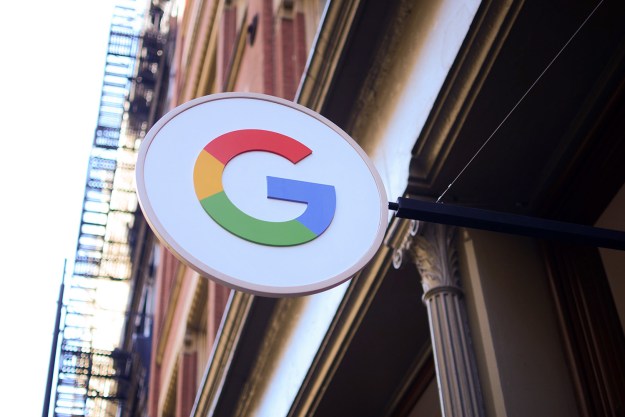Microsoft is currently collaborating with Google on a new set of APIs (application programming interfaces) that could dramatically change the way we think about simple commands like copy and paste. Collectively called Pickle Clipboard APIs, they will allow you to copy and paste a wide range of file types.
At the moment, Microsoft Edge and Google Chrome only allow you to copy a few file formats between the browser and native applications. These formats include (but are not limited to) JPEG, PNG, and HTML. Reportedly, the two browsers are now working on a new set of Chromium APIs that will hopefully expand the list of supported file types you’re allowed to copy from.

Pickle Clipboard APIs will extend the functionality of the clipboard feature, allowing you to take advantage of a variety of additional file types, including custom formats made specifically for applications on the web.
A simple example is being able to copy and paste .docx (used for Microsoft Word) and TIFF (a large-image format for graphic design) content between your web and desktop apps.
The extension of the copy-paste feature to non-standard web formats also means developers may allow you to copy-paste between PWAs (progressive web apps) and desktop apps. For instance, Google’s products, including Google Docs and Google Sheets, may support the file types of Office 365’s apps, such as Word or Excel. Those who have both a web-based and a native version of a specific app, such as SketchUp, can also hopefully copy-paste within their applications.
According to the Google Chromium conversation about the Pickle Clipboard APIs, the API “lets websites read and write arbitrary unsanitized payloads using a standardized pickling format, as well as read and write a limited subset of OS-specific formats (for supporting legacy apps). The name of the clipboard format is mangled by the browser in a standardized way to indicate that the content is from the web, which allows native applications to opt-in to accepting the unsanitized content.”
Apart from extending compatibility to include multiple niche and proprietary file types, the new set of APIs will also provide developers with custom clipboard formats offering fine-grained control over the copy-paste feature. The possibilities are endless.
The upgraded copy-paste feature could potentially translate to a highly improved experience of using and working in between web applications. Unfortunately, there isn’t much clarity at the moment on when these features will arrive in either Google Chrome or Microsoft Edge.
Editors' Recommendations
- 5 web browsers you should use instead of Google Chrome or Edge
- Microsoft Bing and Edge are getting a big DALL-E 3 upgrade
- I write about tech for a living — these are the browser extensions I install on every PC
- Google Chrome is getting a complete overhaul for its birthday
- This PowerPoint ploy could help hackers empty your bank account



